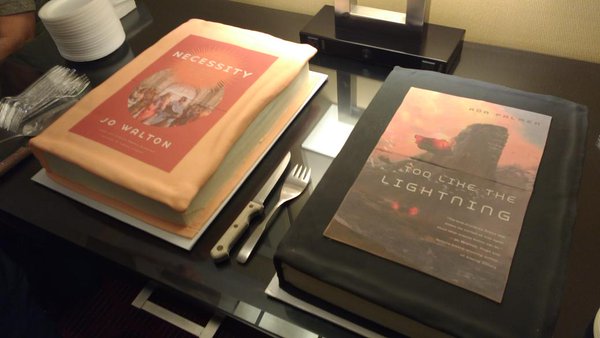[I’d posted asking for recommendations]
I don’t want twins, I want the situation where someone takes on the persona of someone else and has to act with people who know the original person as if they are that person, while working out exactly what is going on. So The Prisoner of Zenda and the first two Secret Country books definitely work, and the reason Mirror Dance doesn’t is because this is only the case for the first two chapters or so.
Also: Brat Farrar, a long term comfort book so frequently read that I haven’t read it for ages. Re-reading it yesterday, two things struck me. Firstly, is this clearly a strong influence on the Secret Country books or what? No wonder I like them so much. Why did I never notice this before? Secondly, what the heck year is it supposed to be? Not the 1949 it was written in, that’s for sure, not with the parents having been killed on their way home from a jolly holiday in France eight years ago. A projected 1957 is possible. 1937 is also possible… but the tech, the cars, no, most likely is a 1949 in which WWII happened (Brat’s mother and Hammond the dentist were killed in it) but lasted only until the end of 1940, whereupon Chamberlain made peace, with Hitler holding all of Europe. The social changes of WWII did not happen, Europe, including the France through which Brat travels (“one also needs papers”) is fascist, and the America he works in training horses, extreme isolationist. This works really scarily well. I don’t think it was what Tey intended, but reading it like that I could see all the details of the Bures agricultural show as incluing about how different the world was and how people dealt with it. This is a world where all the stuff that happened psychologically to Britain in WWII didn’t happen.
I probably thought this because of reading Du Maurier’s The Scapegoat immediately before, a book set in a 1956 in which the details of WWII loom so huge and cast so large a shadow and are taken so for granted by the author and characters who have lived through them that this almost unbalances the book when read almost fifty years later.


